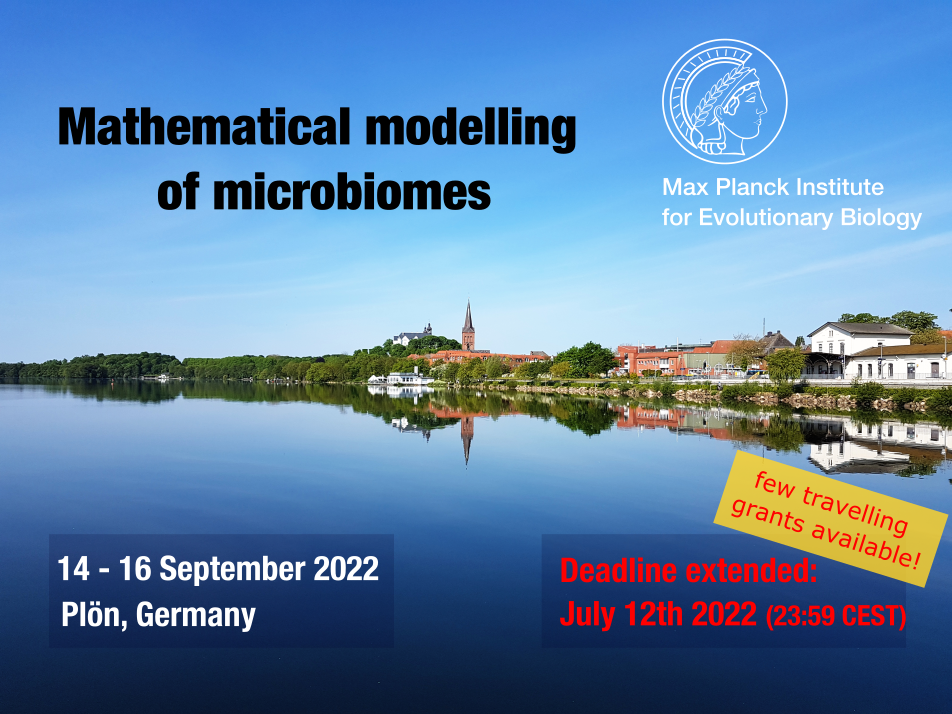Speaker
Description
Most animals have a microbiome that affects their reproductive success. It is, therefore, important to understand how a host and its microbiome coevolve. An open question is to what extent host-microbiomes can evolve through selection acting at the host-level. I will present a quantitative framework based on multi-level selection theory that addresses this question. Our model shows that host-level selection can favor microbes that altruistically help their hosts, but only when stringent conditions are met. Host-level selection requires that microbiome composition is heritable, which in turn requires that vertical transmission is stronger than horizontal transmission. Moreover, the host generation time must be short compared with the timescale of the evolutionary dynamics of the microbes. Evolution of host-level traits could potentially help hosts to meet these conditions, for example by changing the balance between vertical and horizontal transmission or by changing the relative timescales of host and microbe level dynamics, thereby potentiating host-level selection. Using our framework, we can thus investigate under which conditions host-level selection can play a role in host-microbiome evolution.

